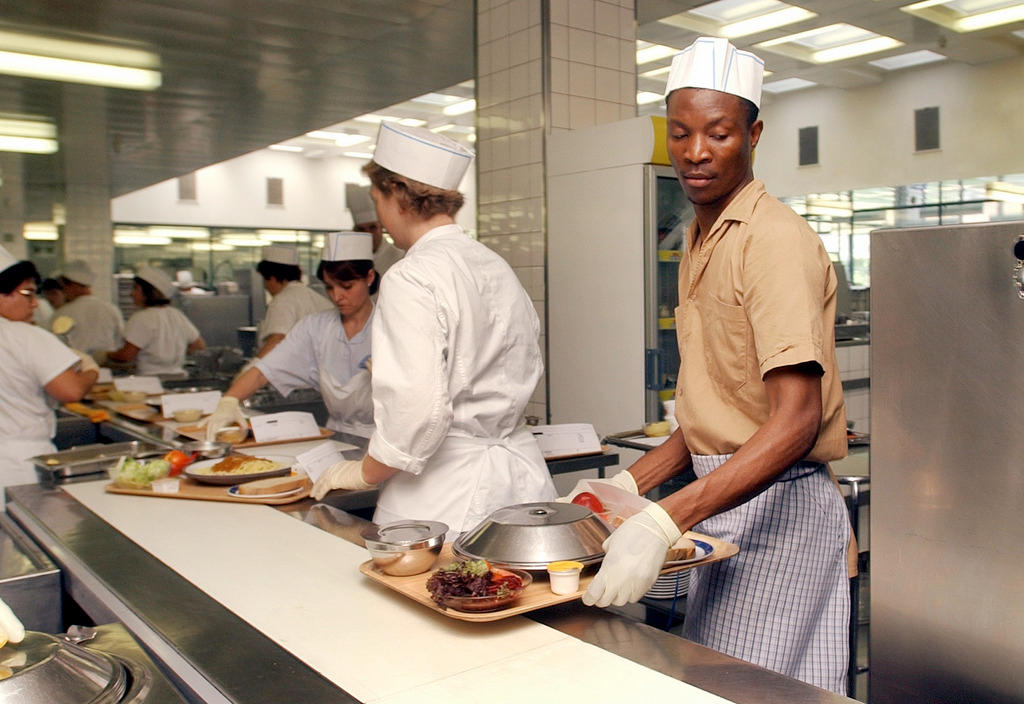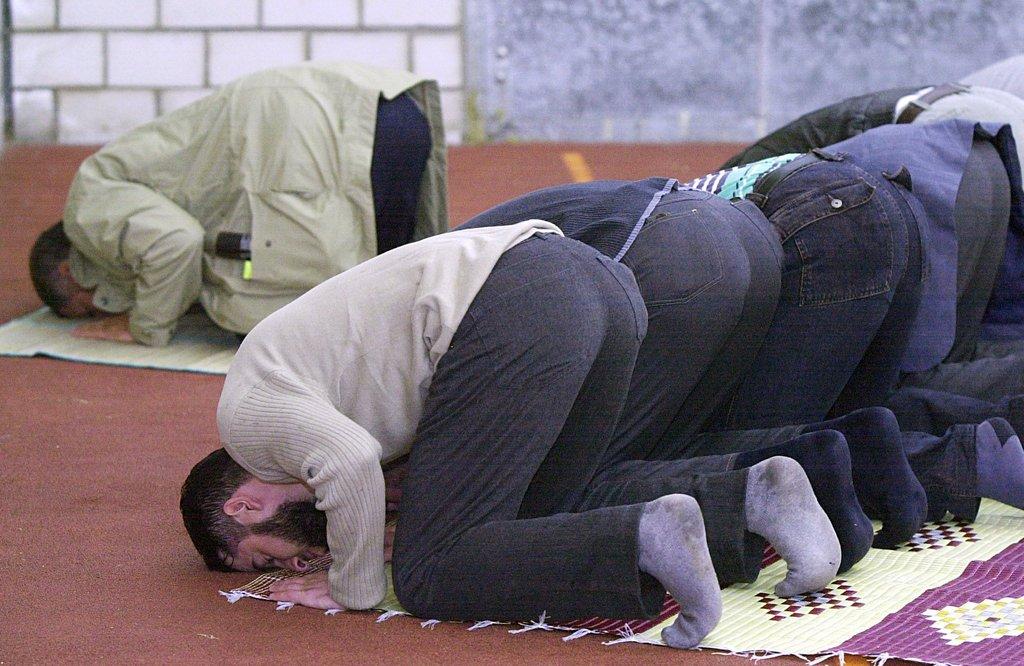Muslim chaplaincy for asylum-seekers launched

A one-year pilot project offering religious and spiritual guidance to asylum-seekers of the Muslim faith has been launched in Zurich. Christian and Jewish religious services of the same nature have been available to migrants since 2002.
As of July 1, the federal asylum centre in Zurich began offering religious services to Muslims through a collaboration between the State Secretariat for Migration (SEM) and the Zurich-based Association of Islamic Organisations (VIOZ). Three Muslim religious advisers –two men and one woman – have been appointed based on the recommendations of VIOZ. They will each be working at 70% capacity.
The pilot project was developed in close collaboration with the Catholic and Protestant church associations as well as the Swiss Federation of Jewish Communities given their experience in offering similar services for migrants since 2002.
Minimising conflict
This is not the first time Muslim migrants have been offered support of a religious nature in Switzerland. A three-month trial was held at the Chiasso asylum centre in canton Ticino in 2013. The objective was to ascertain if the presence of a Muslim chaplain would have a positive effect on reducing conflicts among asylum-seekers. The lessons from this experiment have been incorporated in Zurich pilot project whose success will be assessed by the Swiss Centre for Islam and Society of the University of Fribourg.
The project reflects the challenge that multi-cultural Switzerland faces in trying to assimilate and reduce conflict among its various populations. For the political right, asylum-seekers are sometimes viewed as a drain on the economy and threat to social stability. However, the Swiss also have a long humanitarian tradition of taking in the less fortunate.

In compliance with the JTI standards
More: SWI swissinfo.ch certified by the Journalism Trust Initiative











You can find an overview of ongoing debates with our journalists here . Please join us!
If you want to start a conversation about a topic raised in this article or want to report factual errors, email us at english@swissinfo.ch.